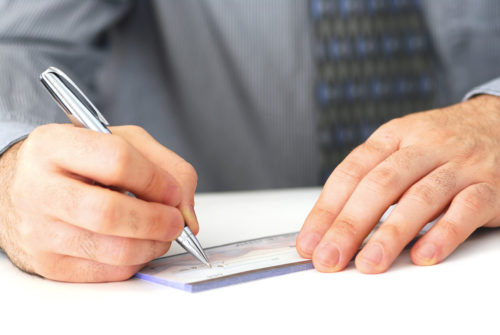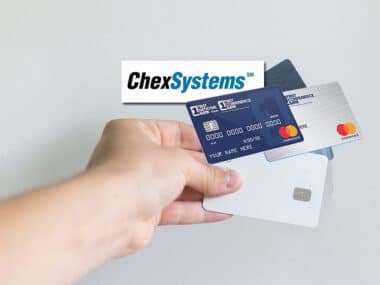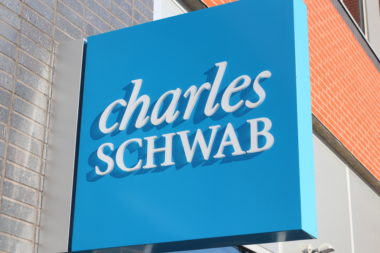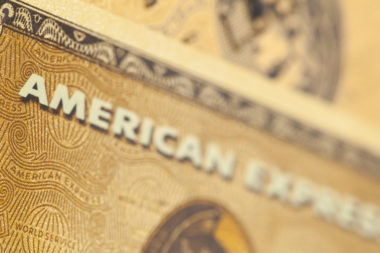If you are writing a postdated check, or you have received a postdated check, it is critical to fully understand how they work and the different considerations to take into account prior to doing anything.
Table of Contents
What Is a Postdated Check?
A postdated check is a fairly simple concept. Instead of writing today’s date on the check like the proper way you were taught, you write in a future date.
For example, if it’s January 28 and you want to write your check, but your rent isn’t due till the first of the month, you might postdate a check for February 1. You could postdate a check so that your landlord doesn’t cash it until your paycheck clears or so you can ensure that your checking account has the necessary funds.
Unfortunately, this is not always honored by banks or the organization cashing the check. First, let’s take a look at some possible reasons why you would want to postdate a check.
Why Write a Postdated Check?
There are multiple reasons why you may need to write a postdated check and the reasons can vary greatly depending on your personal situation. Below are some common reasons why individuals choose to write postdated checks.
Insufficient Funds or to Avoid Overdrawing
Most frequently, postdating a check is an effort to avoid fees. The check writer is waiting for money to be deposited or for another check to clear before the payee will be able to cash the check without overdrawing the writer’s account.
If an account overdraft happens, there are usually a few fees that are levied, such as insufficient funds or an overdraft fee (and sometimes both). On the payee’s end, there may be a bounced check fee. Banks will often try to collect this from the writer, if possible.
The problem is that if you are postdating a check, you already don’t have the funds for the check, let alone the fees. We’ll revisit this later.
Paying in Advance
The other major use of a postdated check is to pay for something in advance. For example, paying for a service before it is completed — like a contractor working on your house. Although this is more for convenience rather than lack of funds.
Postdated Check Laws and Rules
Postdated checks are not illegal, but writing a check you lack the funds to pay is. In other words, if you have the intent of defrauding someone by intentionally writing a check, knowing you will not have the funds on the postdate, it’s illegal.
Banks are not obligated to wait until the date on a check to cash it or deposit funds. However, if you call them and arrange for the funds to not transfer, then they are obligated. This, however, often comes with a fee of about $30 for the bank to monitor your funds.
Businesses may reject a postdated check as a form of payment — and this is well within their legal right. They can also try to cash the check whenever they please. You should clear it with your bank and your payee before writing a postdated check.
You should also check your state’s laws and your bank or credit union’s policy before writing a postdated check. Ask the cashier, or better yet a manager, if writing a postdated check would be an acceptable form of payment. Do not be surprised if they do not allow it even if it is in line with state laws.
Postdated Check Cashing
If you are the payee, cashing a postdated check is the same as cashing any other type of check. Since it’s postdated, it’s a courtesy to cash it at the writer’s bank. Note that it is just that, though — a courtesy. It’s not a requirement.
Instead, you may want to deposit the check, as banks will often allow you to make the transaction, but not actually deposit the money until the postdate. If you don’t need the money immediately, this is another courtesy to the check writer, and this can help keep trust between you and them.
Can You Cash a Postdated Check Early?
You can try to cash a postdated check early, but it may or may not work. Banks may be willing or they may simply ignore the date — either intentionally or unintentionally. As mentioned, they aren’t legally obligated to delay unless they have explicit (often written) instructions from the person who wrote the check.
Many bigger banks, however, will honor postdates as part of banking agreements. Be sure to check with your bank about specific account disclosures for more information.
Who Pays If There Is a Check-Funding Problem?
If your check is cashed prior to the postdate, and funds are not available, be prepared for a headache and additional fees.
If the payment is rejected, your bank is generally responsible for covering any overdraft charges that occur. When this happens, you can receive additional consequences through your bank such as getting your account closed, or steep fees.
Only rely on postdated checks if it is a last resort, and you do not have the funds available, and the payee is unwilling to work with you on the due date for the payment, as they might see holding a check as an escrow situation.
Alternatives to Postdating Checks
Whenever it is possible, you should aim to avoid writing postdated checks. As mentioned above, there are no guarantees that your check will not be cashed without paying extra fees to your financial institution.
- If you are postdating a check because of a timing inconvenience, it may be beneficial to look into online bill payment service options through your bank;
- If you are lacking funds and you need additional time to come up with the money, talk with your check recipient about an alternative payment date.
- Reach out as soon as you realize that this may be an issue so that you have ample time to work out something with your payee.
- As long as it isn’t the day of the due date, or after the date, most individuals or organizations could be willing to work with you on this;
- If you are postdating a check because you like to take care of things in advance, or so you don’t forget at the time the check is due, you should take advantage of automatic bill pay;
- Consider opening a bank account that doesn’t have any overdraft fees. This helps you pay your bills when it is most convenient for you without receiving any overdraft fees.
Image Source: https://depositphotos.com/





